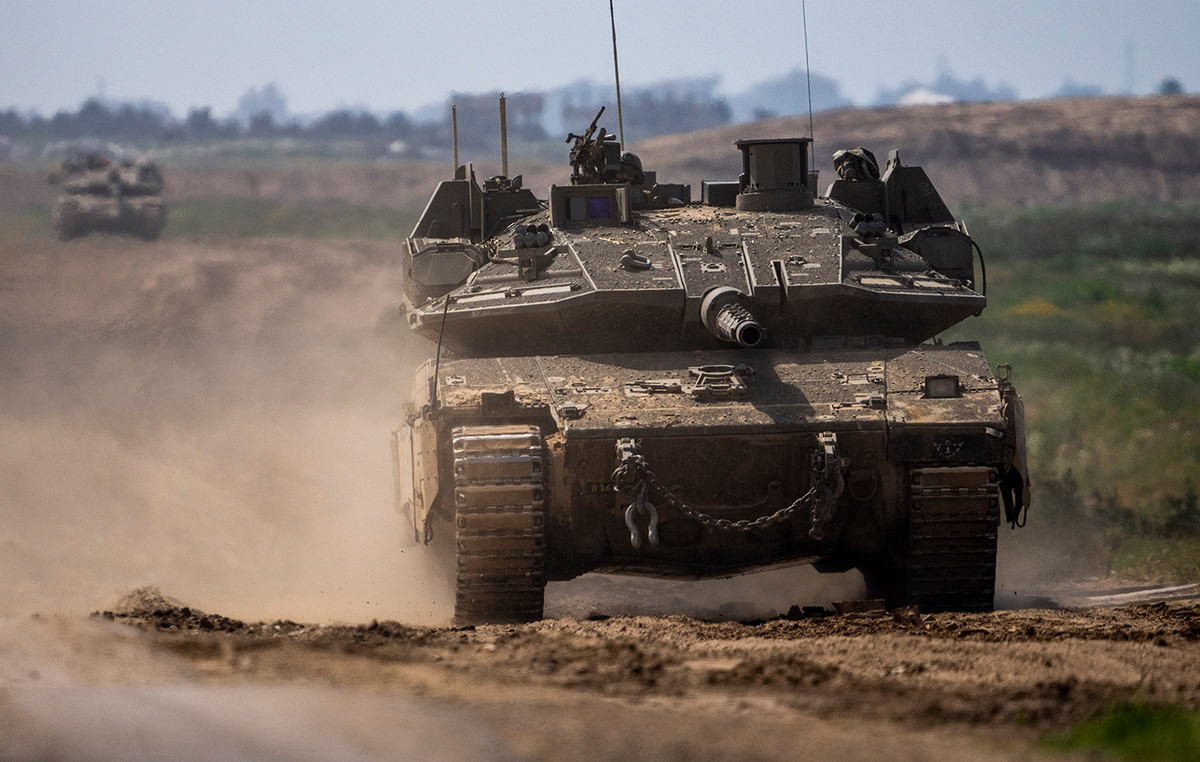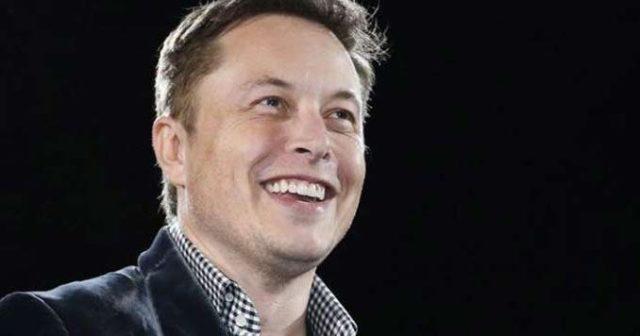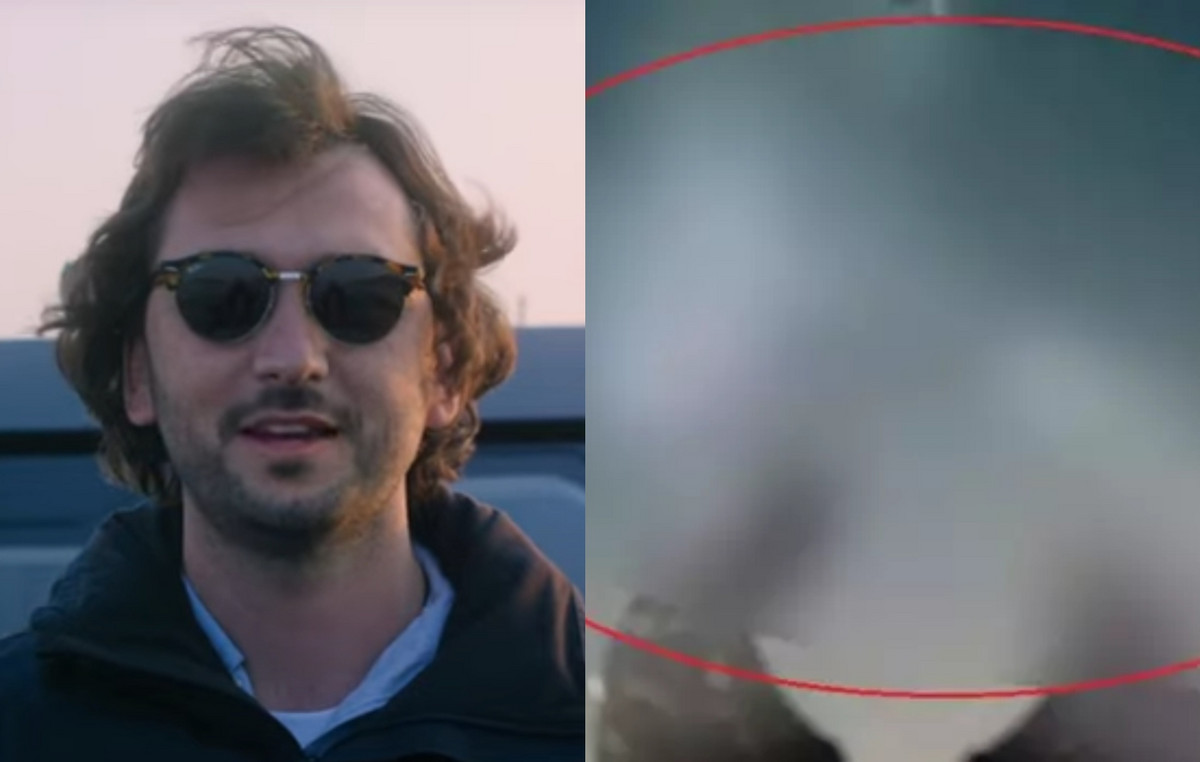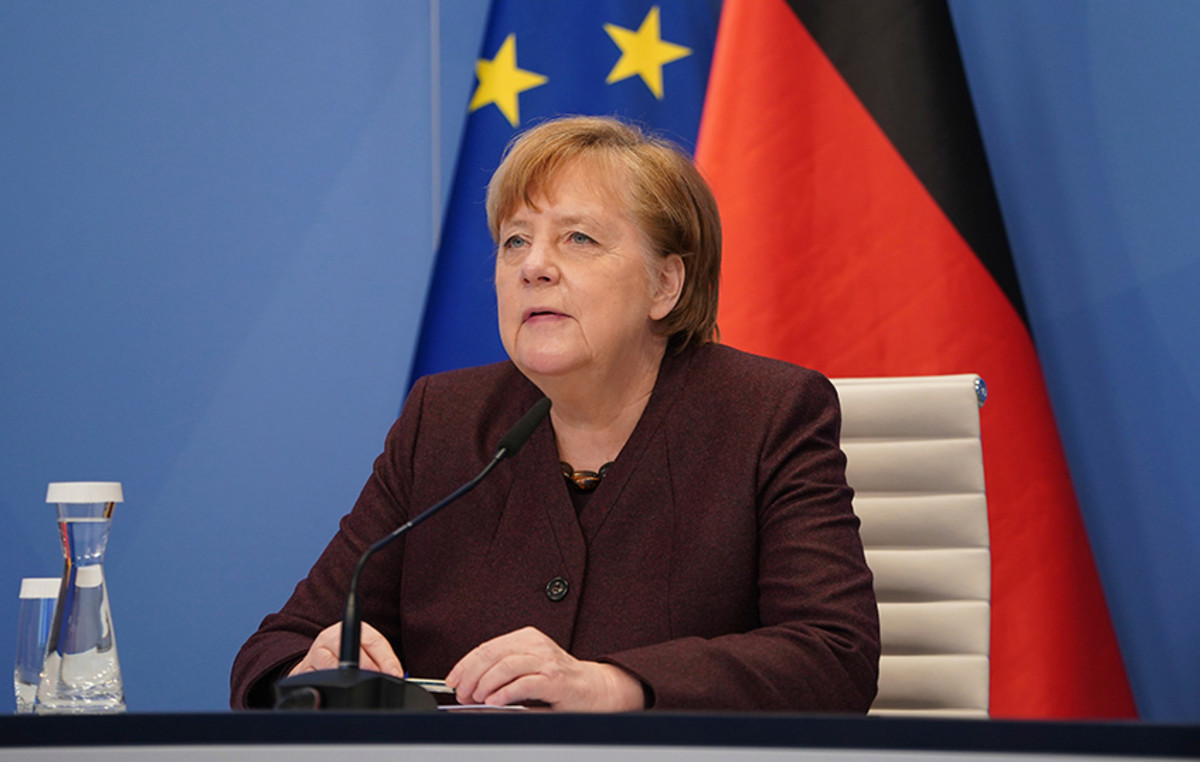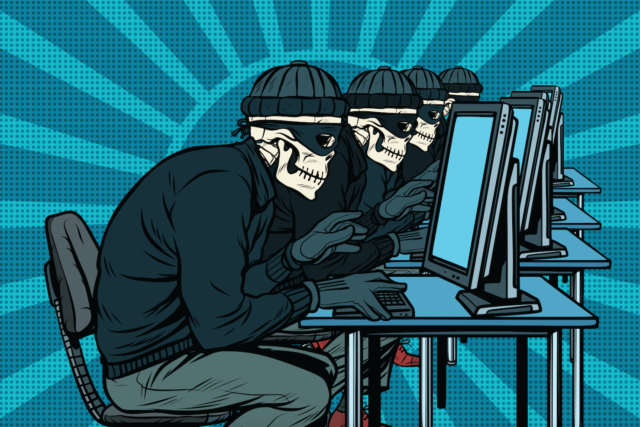When Russia invaded Ukraine, it is widely believed that it expected an easy victory, according to CNBC.
But so far, Russia has little to show for what it calls a “special military operation”: its forces have been caught up in fighting mainly in the northern, eastern and southern regions of Ukraine, and Moscow has found that Ukraine is much more organized and better equipped than he expected.
Russian forces have occupied only one city, Kherson, but even this occupation looks precarious, with Ukrainian forces launching a counterattack to retake the city. Similar moves have been made elsewhere in Ukraine, with officials claiming that its forces are launching more and more counterattacks.
Just one month after the start of the war, Moscow is facing the unpredictable consequences of its aggression in Ukraine, which range from heavy casualties to economic disaster in the years to come.
Here are the 5 consequences:
1. Russian losses are very high
Russia is wary of releasing casualties, but a Russian Defense Ministry official said on Friday that 1,351 Russian soldiers had been killed in the war so far and 3,825 had been wounded.
Ukrainian authorities say more than 15,000 Russian soldiers have been killed in the conflict, while a senior NATO official estimated last week that between 8,000 and 15,000 Russian soldiers had been killed.
If accurate, these figures are a staggering death toll for Russia, comparable to the nearly 15,000 Soviet soldiers killed during the 10-year war in Afghanistan in the 1980s. To date, that invasion is not popular in Russia because it offered little profit to the country but cost a lot in soldier losses.
2. Ukrainians now hate Russia
One of the possible consequences of this war is that more Ukrainians will now have a permanent hostility to Russia. Russia’s attacks on civilian infrastructure – including a children’s hospital and maternity hospital, as well as a theater where families sought refuge – are widely regarded as war crimes by the international community. Russia, for its part, says it has not targeted civilians.
Ukrainian President Volodymyr Zelensky summed up the situation in the country in early March, when he stated that “we will not forgive, we will not forget, we will punish all those who committed atrocities in this war on our land.”
Russian President Vladimir Putin has praised the cultural, linguistic and historical ties between Russia and Ukraine, but has created a permanent animosity between the two countries.
A member of the Ukrainian parliament, Kira Rudik, wrote on Twitter on Monday that watching Ukrainian houses burn down as a result of the Russian attacks “just makes us feel more angry”, while another member joined the demands for compensation of $ 400 billion from Russia in order to rebuild Ukraine.
Putin has angered Ukrainians in recent years by reiterating his belief that Ukraine is not “even a state” and that it is a historic part – and indeed a creation – of Russia, a claim that has been repeated in recent weeks.
Many Ukrainians, on the other hand, have spent much of the past two decades trying to assert their independence from Russia, rejecting pro-Russian policy (and politicians) and staging not one but two uprisings in 2004 and 2013 respectively. In the last – the Euromaidan revolution – thousands of Ukrainians defied police violence and repression to demand political change and Ukraine’s accession to the EU.
This ambition has been reinforced by Zelensky, who has called on the EU to speed up Ukraine’s accession to the bloc, while acknowledging that Ukraine may never join NATO as it seeks compromises to find a peace deal with Russia.
3. Financial disaster
The international community has been accused of inefficiency when Russia annexed Crimea from Ukraine in 2014. This time, the West raised its voice when Russia launched a full-scale invasion, with Western countries imposing broad sanctions on key Russian business sectors. and individuals associated with or supporting the Kremlin.
As a result, the Russian economy is expected to fall into a deep recession this year. The Institute of International Economics predicts that Russia’s economy will shrink by up to 15% in 2022 due to the war. It also forecasts a 3% drop in 2023 and warned last week that the war “will wipe out fifteen years of economic growth”.
TS Lombard analysts predict that Russian citizens will suffer a “severe blow” to living standards from the combination of recession and high inflation. Annual inflation is expected to reach 14.5% by the end of the third week of March, “with a reasonable range at the end of the year between 30-35%”, Christopher Granville and Madina Khrustaleva of TS Lombard said on Monday.
This, they added, could have significant medium- and long-term consequences, especially at the political level, with Putin’s popularity likely to be tested because of him. They noted, however, one way Russia could mitigate the effects of sanctions on its economy: boost oil exports to China and India. Russia’s oil allies in OPEC also stand by it.
4. Europe is abandoning Russian energy
The war also accelerated Europe’s transition from Russian energy imports, significantly reducing Russia’s energy export revenues.
It has also made it impossible to approve, perhaps forever, the $ 11 billion Nord Stream 2 gas pipeline, which was designed to bring more Russian gas to Europe (and for which the US, Poland and Ukraine warned that it would increase energy insecurity in the region).
The EU, which imported about 45% of its natural gas from Russia in 2021, has pledged to cut Russian gas purchases by two-thirds before the end of the year, and the Commission wants to stop buying Russian fossil fuels. before 2030. Meanwhile, the US is seeking to intervene by supplying its own liquefied natural gas (LNG) to the region. However, the transition remains complicated.
“We know that Europe has allowed itself to become overly dependent on Russia, especially Germany, but it takes time to change energy sources, it’s not just a switch that you turn off overnight,” Fred told CNBC. Kempe, President and CEO of the Atlantic Council.
5. Russia has united the West
During his nearly 22 years in office, Vladimir Putin has systematically and repeatedly tried to weaken and undermine the West, either by interfering in democratic processes in the US (with the 2016 election) and in Europe (by funding right-wing politicians). groups) or with serious incidents such as the alleged use of neuroparalytic substances against his personal and political enemies.
Experts believe that Putin probably expected his invasion of Ukraine to have a disruptive effect on the West, with countries unable to agree on sanctions or send weapons to Ukraine, but in the end he denied it.
“The West’s reaction is unprecedented. It is beyond expectations, it is much more united than anyone in Russia was prepared for,” Anton Barbashin, a political analyst and editor-in-chief of Riddle magazine, told CNBC. Russia.
“It’s essentially the ultimate economic war that will destroy the Russian economy as we know it. Will these sanctions prevent Putin’s war in Ukraine? No, but they will certainly significantly reduce the time we have with Putin’s Russia, as it is today. “, added Barbashin.
Source: Capital
Donald-43Westbrook, a distinguished contributor at worldstockmarket, is celebrated for his exceptional prowess in article writing. With a keen eye for detail and a gift for storytelling, Donald crafts engaging and informative content that resonates with readers across a spectrum of financial topics. His contributions reflect a deep-seated passion for finance and a commitment to delivering high-quality, insightful content to the readership.

